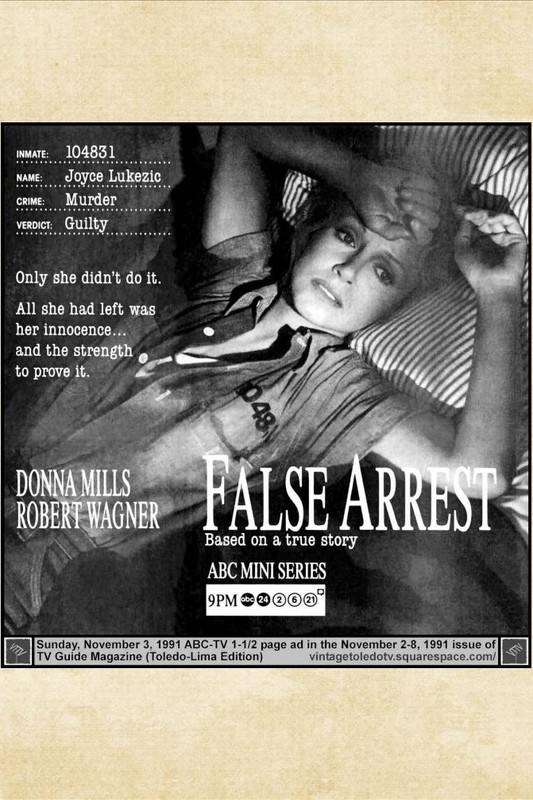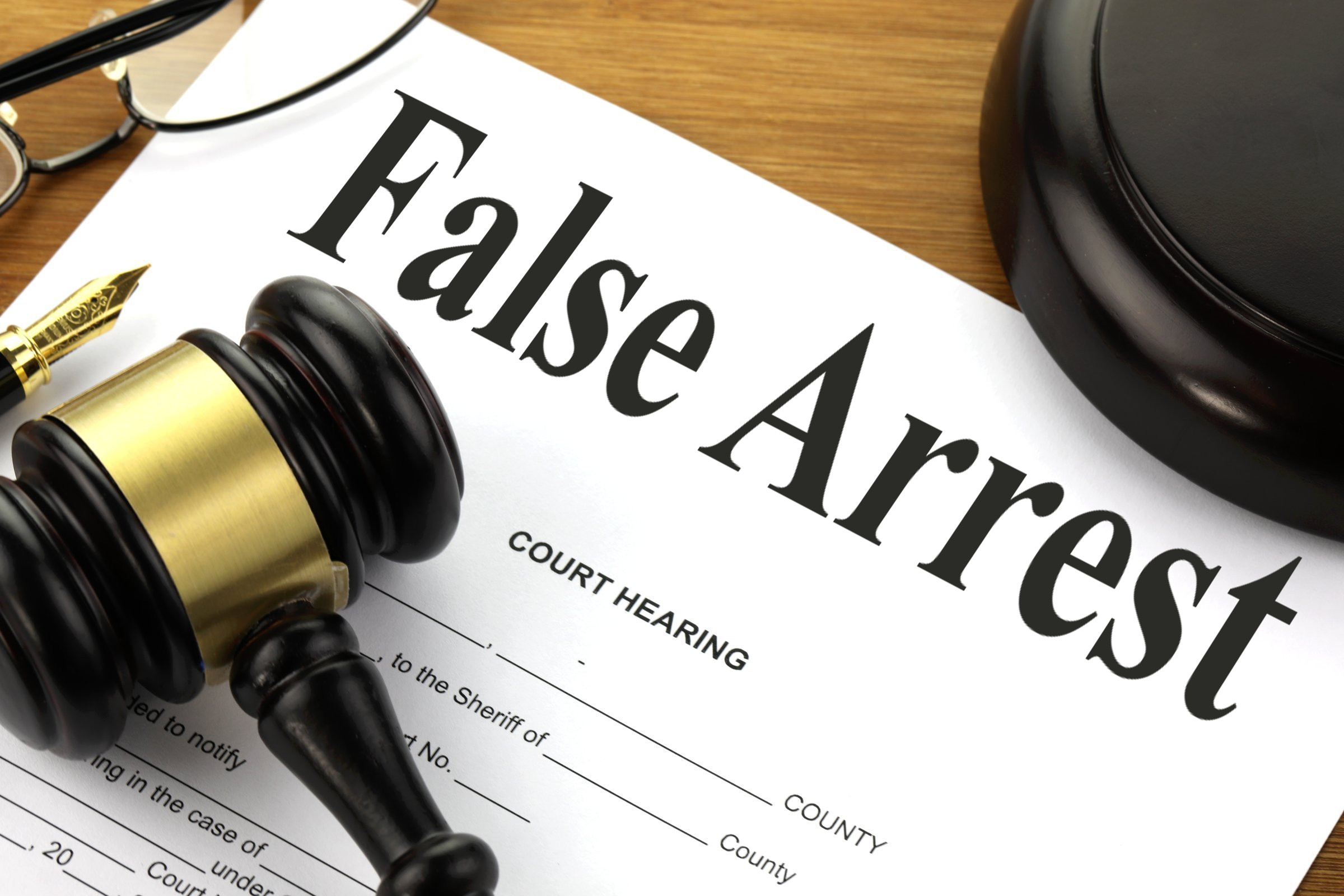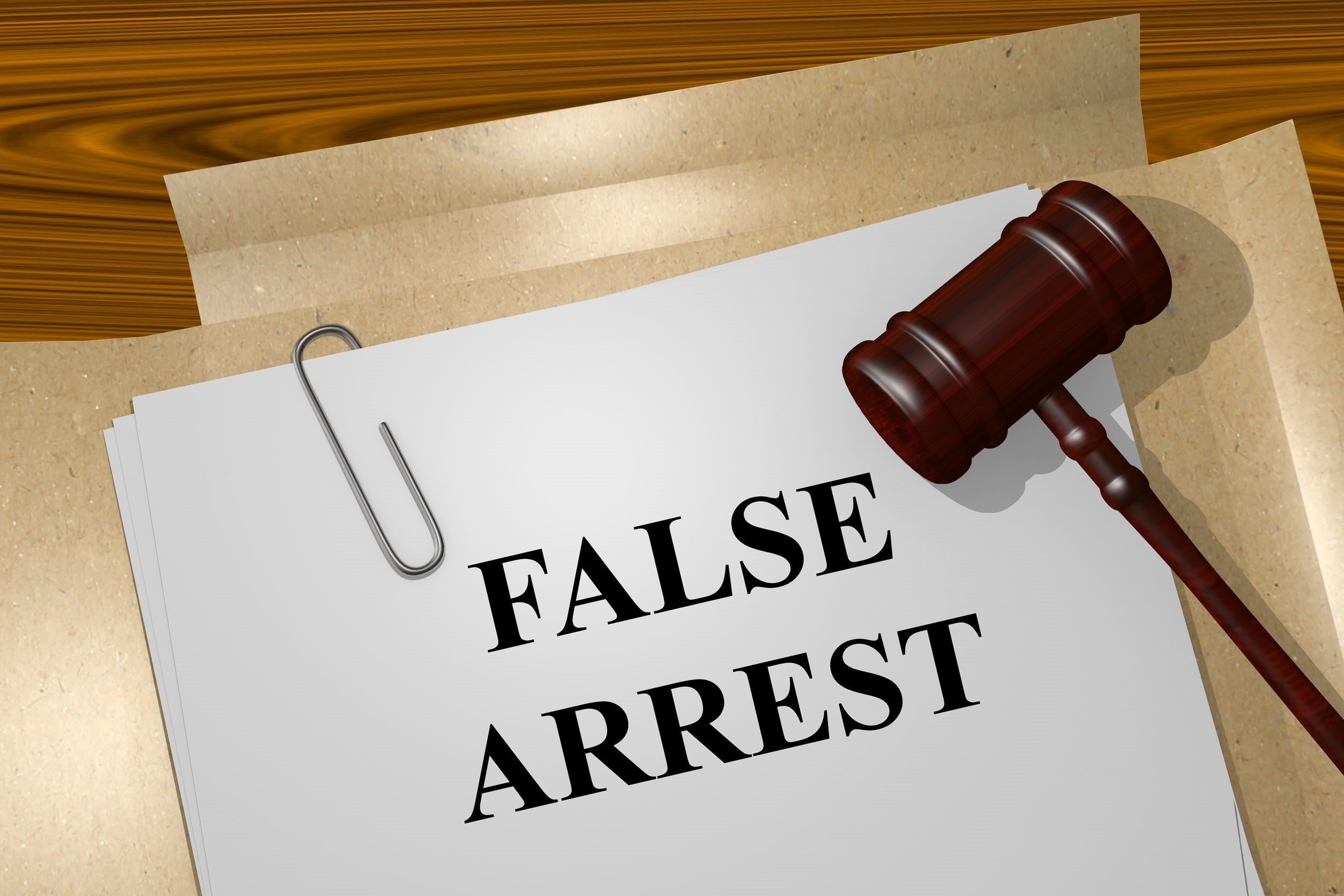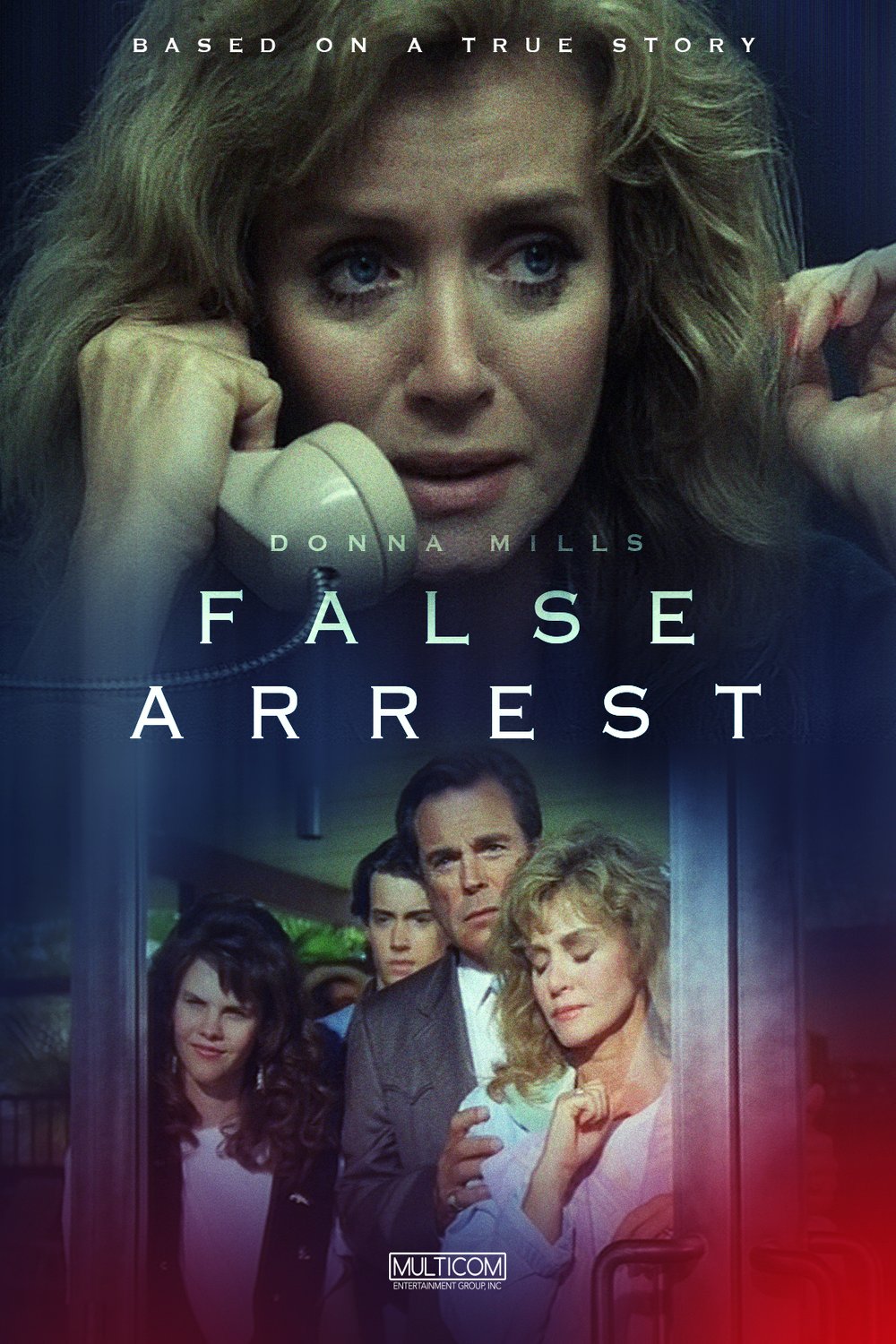False Arrest California - Keep in mind that a warrant is not required to arrest someone for a felony or misdemeanor committed in a police officer's presence. Some examples of what could constitute false imprisonment are: Web (a) false imprisonment is punishable by a fine not exceeding one thousand dollars ($1,000), or by imprisonment in the county jail for not more than one year, or by both that fine and imprisonment. If the false imprisonment be effected by violence, menace, fraud, or deceit, it shall be punishable by imprisonment in the state prison. Probable cause means that there are enough facts for a reasonable person to believe a crime was committed. Web false imprisonment under california penal code section 236 is defined as “the unlawful violation of the liberty of another.” essentially, the law prohibits detaining, restraining, or confining another person against their will.
Web false imprisonment under california penal code section 236 is defined as “the unlawful violation of the liberty of another.” essentially, the law prohibits detaining, restraining, or confining another person against their will. If the false imprisonment be effected by violence, menace, fraud, or deceit, it shall be punishable by imprisonment in the state prison. Probable cause means that there are enough facts for a reasonable person to believe a crime was committed. Some examples of what could constitute false imprisonment are: Keep in mind that a warrant is not required to arrest someone for a felony or misdemeanor committed in a police officer's presence. Web (a) false imprisonment is punishable by a fine not exceeding one thousand dollars ($1,000), or by imprisonment in the county jail for not more than one year, or by both that fine and imprisonment.
Web false imprisonment under california penal code section 236 is defined as “the unlawful violation of the liberty of another.” essentially, the law prohibits detaining, restraining, or confining another person against their will. Keep in mind that a warrant is not required to arrest someone for a felony or misdemeanor committed in a police officer's presence. Web (a) false imprisonment is punishable by a fine not exceeding one thousand dollars ($1,000), or by imprisonment in the county jail for not more than one year, or by both that fine and imprisonment. If the false imprisonment be effected by violence, menace, fraud, or deceit, it shall be punishable by imprisonment in the state prison. Some examples of what could constitute false imprisonment are: Probable cause means that there are enough facts for a reasonable person to believe a crime was committed.
False Arrest (1991)
If the false imprisonment be effected by violence, menace, fraud, or deceit, it shall be punishable by imprisonment in the state prison. Probable cause means that there are enough facts for a reasonable person to believe a crime was committed. Some examples of what could constitute false imprisonment are: Web (a) false imprisonment is punishable by a fine not exceeding.
Free of Charge Creative Commons false arrest Image Legal 1
Keep in mind that a warrant is not required to arrest someone for a felony or misdemeanor committed in a police officer's presence. Web (a) false imprisonment is punishable by a fine not exceeding one thousand dollars ($1,000), or by imprisonment in the county jail for not more than one year, or by both that fine and imprisonment. Some examples.
Can You Resist Unlawful Arrest?
Web (a) false imprisonment is punishable by a fine not exceeding one thousand dollars ($1,000), or by imprisonment in the county jail for not more than one year, or by both that fine and imprisonment. Web false imprisonment under california penal code section 236 is defined as “the unlawful violation of the liberty of another.” essentially, the law prohibits detaining,.
Is is false arrest? Here’s how to tell if your rights have been
Keep in mind that a warrant is not required to arrest someone for a felony or misdemeanor committed in a police officer's presence. Some examples of what could constitute false imprisonment are: Web false imprisonment under california penal code section 236 is defined as “the unlawful violation of the liberty of another.” essentially, the law prohibits detaining, restraining, or confining.
How a False Arrest in New York Can Cost You Thousands
Web (a) false imprisonment is punishable by a fine not exceeding one thousand dollars ($1,000), or by imprisonment in the county jail for not more than one year, or by both that fine and imprisonment. Probable cause means that there are enough facts for a reasonable person to believe a crime was committed. Web false imprisonment under california penal code.
Wrongful Arrest Attorney in California BNCL Law Firm
If the false imprisonment be effected by violence, menace, fraud, or deceit, it shall be punishable by imprisonment in the state prison. Some examples of what could constitute false imprisonment are: Keep in mind that a warrant is not required to arrest someone for a felony or misdemeanor committed in a police officer's presence. Probable cause means that there are.
False Arrest Lawyers NYC False Arrest Attorney Bronx, NY
Web (a) false imprisonment is punishable by a fine not exceeding one thousand dollars ($1,000), or by imprisonment in the county jail for not more than one year, or by both that fine and imprisonment. Web false imprisonment under california penal code section 236 is defined as “the unlawful violation of the liberty of another.” essentially, the law prohibits detaining,.
Wrongful arrest? Here’s what you need to prove Civil Rights Litigation
Web (a) false imprisonment is punishable by a fine not exceeding one thousand dollars ($1,000), or by imprisonment in the county jail for not more than one year, or by both that fine and imprisonment. Probable cause means that there are enough facts for a reasonable person to believe a crime was committed. Keep in mind that a warrant is.
False Arrest Civil Rights Litigation Group
Probable cause means that there are enough facts for a reasonable person to believe a crime was committed. Keep in mind that a warrant is not required to arrest someone for a felony or misdemeanor committed in a police officer's presence. If the false imprisonment be effected by violence, menace, fraud, or deceit, it shall be punishable by imprisonment in.
False Arrest (1991) par Bill Norton
Web false imprisonment under california penal code section 236 is defined as “the unlawful violation of the liberty of another.” essentially, the law prohibits detaining, restraining, or confining another person against their will. Some examples of what could constitute false imprisonment are: Web (a) false imprisonment is punishable by a fine not exceeding one thousand dollars ($1,000), or by imprisonment.
Web False Imprisonment Under California Penal Code Section 236 Is Defined As “The Unlawful Violation Of The Liberty Of Another.” Essentially, The Law Prohibits Detaining, Restraining, Or Confining Another Person Against Their Will.
Keep in mind that a warrant is not required to arrest someone for a felony or misdemeanor committed in a police officer's presence. Some examples of what could constitute false imprisonment are: Web (a) false imprisonment is punishable by a fine not exceeding one thousand dollars ($1,000), or by imprisonment in the county jail for not more than one year, or by both that fine and imprisonment. If the false imprisonment be effected by violence, menace, fraud, or deceit, it shall be punishable by imprisonment in the state prison.









